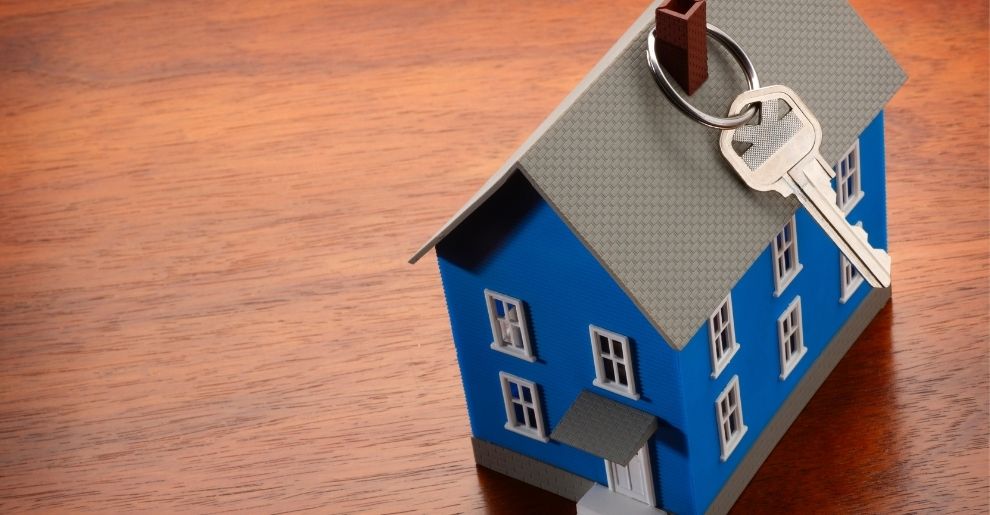Upcoming leasehold reforms
Upcoming leasehold reforms are planned to make it easier and cheaper for people to buy their homes
In July 2020, the Law Commission (Commission) published Leasehold Home Ownership: buying your freehold or extending your lease, which set out recommendations to make it easier and cheaper for leaseholders to buy the freehold of their building or extend their lease.
Housing Secretary, Robert Jenrick, announced on 7 January 2021 that, millions of leaseholders will be given the right to extend their lease by a maximum term of 990 years at zero ground rent at a more affordable rate.
Under the current law, many people face high ground rents, which combined with a mortgage, can make it feel like they are paying rent on their property. There are also several hurdles to overcome when seeking to extend the term of the lease such as ‘marriage value’, which increases the price to be paid to the landlord to an unaffordable amount.
Housing Secretary Rt Hon Robert Jenrick MP said:
“Across the country people are struggling to realise the dream of owning their own home but find the reality of being a leaseholder far too bureaucratic, burdensome and expensive.
We want to reinforce the security that home ownership brings by changing forever the way we own homes and end some of the worst practices faced by homeowners.
These reforms provide fairness for 4.5 million leaseholders and chart a course to a new system altogether.”
These changes will mean that leaseholders that choose to extend their lease or those that dream of fully owning their home, can do so without cumbersome bureaucracy and additional, unnecessary, and unfair expenses. For some leaseholders, these changes could save them thousands, to tens of thousands of pounds.
The government has announced that legislation will be brought forward in the upcoming session of Parliament to implement these recommendations.
In summary, the proposed changes will be:
- To have the ground rent at zero.
- New standard 990-year leases with a ground rent at zero. This will also now apply to retirement leasehold properties (homes built specifically for older people).
- To remove the marriage value concept from the calculation of premiums.
- To introduce an online calculator to allow leaseholders to work out the cost of buying their freehold or extending their lease.
- To ensure that the existing proposal for zero ground rents for new leasehold properties be expanded to include leasehold retirement properties.
- To establish a Commonhold Council to reinvigorate commonhold. The commonhold model is widely used around the world and allows homeowners to own their property on a freehold basis, giving them greater control over the costs of homeownership. Blocks are jointly owned and managed, meaning when someone buys a flat or a house, it is truly theirs and any decisions about its future are theirs too.
The announcement did not give a timetable for when these additional proposals would be implemented, and there was no explanation of how valuations would be calculated following the removal of the marriage value concept.
One further point of benefit is that the formula used to work out the cost to leaseholders for buying the freehold or extending the lease includes a discount for any improvements the leaseholder has made and a discount where leaseholders have the right to remain in the property on an assured tenancy after the lease expires. These existing discounts will be retained.
Tony Chauhan, Property Partner at Bowling and Co Solicitors in London commented “this is certainly a positive move forward to a system that has not seen any major change for 40 years! This is a modernisation of the system and creates a fairer picture for all. With the rise of leasehold properties continuing, this will assist many younger home buyers on the way to full ownership and feeling more in control.”
If you would like any more information relating to this article then please feel free to contact me: Telephone – 020 8221 8057, via email: tony.chauhan@bowlinglaw.co.uk or visit my profile.
This is not legal advice; it is intended to provide information of general interest about current legal issues.
